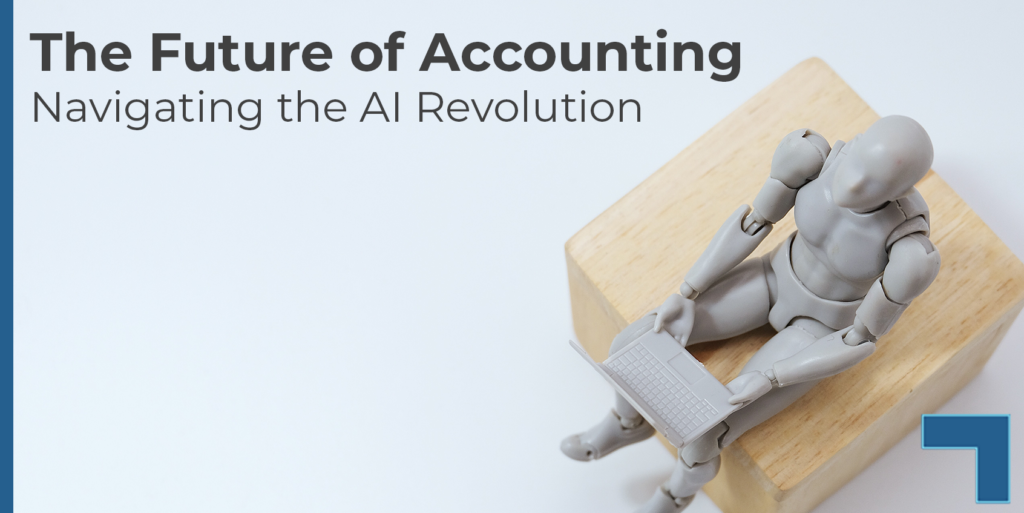
In the competitive landscape of modern banking, where advancements in tech often take centre stage, few banks can demonstrate the enduring value of personal relationships in business growth. Chris Bayliss, the CEO of Judo Bank, shares invaluable insights into how the institution grew from a mere idea into Australia’s most successful challenger bank in under eight years, and it’s all about putting relationships first.
Know Your Audience:
Any business that treats you as just another number will never truly gain a deep understanding of its audience. By acknowledging that every business is distinct, with its challenges and aspirations and building solid relationships, you can effectively address each customer’s individual requirements.
“Judo was conceived as an idea nearly eight years ago because we believed that there was a market failure in the way that banks were servicing small to medium-sized businesses. We knew that Australian SMEs deserved more. Every business is unique, with a unique team driving it. That’s why we’re bringing back relationship banking, to ensure we can service the unique needs of our customers.”
Chris Bayliss, CEO of Judo Bank
Invest in Connection:
Establishing meaningful connections with customers goes beyond basic business transactions—it’s about forming genuine connections with customers. By taking a hands-on approach with your customers, you can gain invaluable insights into their operations and growth strategies and foster a sense of trust and reliability.
“We learn more about a customer’s business by being on their premises. We want to go there, we want to actually get to know that the owner, the sponsor, the founder, we want to see the business and operation and when they’re telling us their story and their growth plans, then it’s more real for us. As a character-based lender, connecting with our customers is key to delivering for them.”
Chris Bayliss, CEO of Judo Bank
Get the Right Talent:
Unlike traditional banking models where strong personal connection is not standard, a team adept at building and nurturing client relationships emphasises quality over quantity, enabling them to develop a deep understanding of customer needs and aspirations. This personalised service fosters loyalty and customer retention.
“Every part of our business has been architected around providing the best possible service to businesses, and it’s anchored off a highly skilled, highly experienced relationship banker. Most have 20 years’ experience in the industry and have no more than 30 customers. Our bankers know their customers, they can tell you their names, they can tell you what they’re thinking about, whether it’s expansion or succession. Trust and relationships are crucial to customer retention and advocacy, and you need the right people to build them.”
Chris Bayliss, CEO of Judo Bank
Build Relationships into Your Customer Value Proposition:
In a landscape with many players, a business built on relationships will distinguish itself by placing connection at the core of its value proposition. This emphasis on personal connections transcends mere transactions, fostering a sense of partnership and mutual success.
“The products are the same – a loan is a loan; a line of credit is a line of credit and loan pricing matters. But what matters more to businesses is a relationship with a banker, not a 12 month one, but an enduring relationship built over many years where they can build that trust. A banker that can make a decision, they want to deal with the decision maker. The good old-fashioned handshake.”
Chris Bayliss, CEO of Judo Bank
Judo Bank’s success is a compelling case study on the value of relationship banking. By prioritising connections over transactions, Judo is redefining the banking experience for SMEs in Australia. As businesses seek personalised solutions and genuine partnerships, the lessons gleaned from Judo Bank’s journey are more relevant than ever.
The principles highlighted by Judo Bank’s approach are not exclusive to the banking sector. In any professional business, the strategies highlighted in this case study are necessary for sustained success. By prioritising client relationships and striving to understand their needs deeply, any professional service provider can set themselves apart and achieve sustained growth.
Click to learn more about how Judo’s bringing back the art of relationship banking to service Australian SMEs: http://www.judo.bank



















